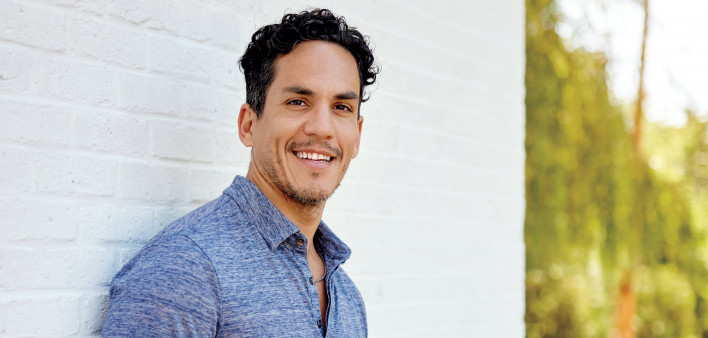In 2010, Francisco Ruiz was named to the inaugural POZ 100 honoring AIDS advocates, describing him as a “real up-and-comer.” Now, Ruiz is pursuing a doctorate at Harvard University’s T.H. Chan School of Public Health.
“Despite working in the field for over two decades, I have never sat in a public health classroom,” Ruiz wrote in a Facebook post. “I entered this field from a social justice lens. Now, I look forward to fueling my advocacy and lived experiences with some additional intellectual stimulus.”
Ruiz has served in roles at organizations such as the Peace Corps, the National Alliance of State and Territorial AIDS Directors and the Centers for Disease Control and Prevention (CDC). As a Latino, Ruiz says having representation for different groups of people is important in this kind of work so those who are affected by related issues may have a hand in solving them.
“I have had the privilege to be in spaces where a lot of our community members are not,” Ruiz says. “It’s important to have a representative government, ensuring that the folks at the table making decisions on programs and policies and funding understand the nuances of our community so that we are informed not only by our training but also our lived experiences.”
As a person living with HIV, Ruiz believes it is important for him to be transparent about his status. Disclosure is necessary, Ruiz says, to keep the subject of HIV in the public’s mind.
“When I was diagnosed a few years ago, I put it on Facebook,” Ruiz says. “Basically, it was me sharing my story, what I had to battle with. I had to put myself out there, [and] that vulnerability—it was scary.”
His openness inspired others to talk about their own journeys with HIV.
“After sharing my story, I received a lot of feedback and comments, private and public messages from people who also have been living with HIV but had never shared their story because of fear of stigma and shame,” he says.
Ruiz has also led the CDC’s Vaccine Equity Coordination Unit, where he helped build trust in the COVID-19 vaccine.
In 2016, as part of the CDC’s Zika outbreak response, he led an interdisciplinary team in Puerto Rico that worked with health care workers to educate women of reproductive age on Zika prevention.
Ruiz says he advises people living with HIV, or those who think they’re at risk, to prioritize their health over stigma.
“There are different ways to address [HIV],” Ruiz says. “It’s not a sprint; it’s a marathon, especially [when] living with HIV. There is help there, and there are opportunities, and there’ll be times where it seems it’s overwhelming, but there will be some traction again, giving some grace and time to heal.”







Comments
Comments